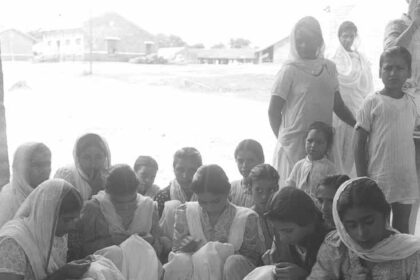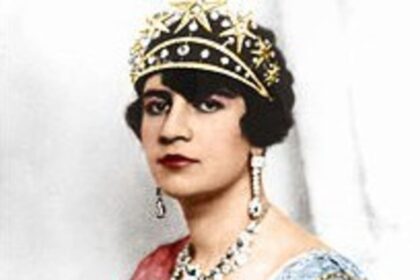Pakistani Sports Culture: The fastest woman in Pakistan, Mubeen Akhtar, committed suicide after experiencing sexual harassment. Halima Rafique, a promising cricketer, committed suicide by consuming acid because she was experiencing severe mental distress. Aamer Hanif’s son, a talented young cricketer, ended his life after failing to make the U-19 team.
In the realm of sports, physical training holds paramount importance. There are entire budgets dedicated to physiotherapists, gym facilities, and fitness regimens. If an athlete tears a ligament, they receive immediate care. But what if that same athlete is silently getting panic attacks before every match? What if they can’t sleep from anxiety or suffer from depression after being dropped from the team? In these cases, there’s no intervention.
Sport has the power to unite nations. A win brings joy and a sense of national pride. A loss sparks frustration and anger. But while fans mourn losses and celebrate victories, how often do we pause and ask: What about the players? How do they feel?
Take cricket, Pakistan’s most cherished sport. Cricketers are kept under constant physical assessment. They are surrounded by world-class physiotherapists, coaches, and fitness experts. But there is barely any system in place to look after their mental health. And without mental health, even the fittest bodies can not perform.
A player who makes a mistake and causes the team to lose is immediately trolled online, mocked for their physique, and doubted for their talent. The burden of failure is immense. It is not merely about disappointing the coach or your team; it feels as though you are letting down an entire nation. With that weight comes performance anxiety, self-doubt, and, in many cases, depression. The constant fear of replacement persists.
Mental Health in Pakistani Sports Culture
There’s also a misconception that only losing affects mental health, but winning does too. A player who performs well is instantly the hero of the nation. But staying at the top is even harder. The pressure to maintain that image, the fear of slipping up, and the unrealistic expectation to always deliver dawn upon an athlete’s peace.
Then there’s injury, which comes with not just physical pain but also the emotional pain of feeling left out, irrelevant, or forgotten. And in sports that emphasise appearance, like gymnastics, wrestling, or even cricket, athletes often develop body dysmorphia. They’re pressured to look a certain way, and they go to unnatural lengths to achieve it.
Male athletes face an extra layer of pressure. People tell them to “man up”. Don’t cry. Don’t talk about your struggles. Just toughen up. But how do you toughen up when you haven’t seen your family in months? Faced with online abuse, sleepless nights, personal sacrifices, and a public that demands perfection on and off the field, how do you cope?
Athletes are humans, but we have superhuman expectations of them.
It’s time we, as a nation, start to take a stand for our players. Let’s recognise their struggles off the field, too. We must stop shaming them when they fail. More importantly, our sports institutions must prioritise mental health therapy with the same urgency and resources as physical treatments. Because strong minds build stronger athletes, and without that, no trophy is worth it.















